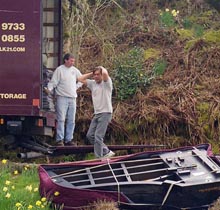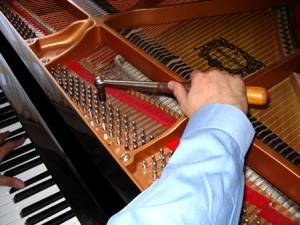For many years I have been a fan of gospel music. I love four part harmony and really enjoy the sounds of 4 professional voices that sing on pitch in harmony correctly.
As most of you know, I am from the South. Of course, gospel music was part of our culture and church on Sunday morning, but, for me it was much more than that. I still remember the day that it all finally made sense to me. I was about 6 or 7 (not telling you the year) and my mom put an album (yes the round black record thing that played on a stereo system called an LP) of a group that I have loved for many years called The Happy Goodman Family. I was forever lost to the sound.
I lived, drank and ate the Goodman Family. I loved the music they sang and I loved the songs. I soon began to learn to play the piano and threw myself into this style of playing. By the time I was 15 or 16 I was traveling with a gospel group that traveled from Florida to Michigan and most of the spots in between. I was in heaven.
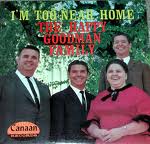
Goodmans 1962
This afternoon one of our associates at PianoSD.com in Mission Valley in San Diego, California was by the store and we were talking about different things and I very seriously said, ” I have never understood, nor does it make sense how anybody could listen to The Goodmans and not be totally blown away at the talent and enjoy the sound” to which he laughingly responded, “Do you enjoy all types of music as much as you do gospel?” of course I quickly responded “NO”.
We had a discussion about the rights and wrongs of peoples opinions and why and how they enjoy what they enjoy. It dawned on me that enjoying music from bluegrass music, gospel music, country music, rock music, jazz music, classical music and even perhaps rap music is a matter of personal taste and not right or wrong.
I guess that most of us think of classical music as the most proper way to play and opera as the proper way to sing but, if we really get to the heart of the matter the right music to enjoy is the music that you like the best and the one that makes you the happiest when you listen to it.
Music shapes our lives, feelings, emotions and can change your attitude quicker than any other influence. Music is a joy on every level. Yes, some may enjoy one type of music over the other while the next would prefer a different genre of music.
httpv://www.youtube.com/watch?v=dCfVpf961EI
I hope you enjoy “My Music” and send me yours at Ric@PianoSD.com and I will try and include it in upcoming features.
We opened PianoSD to be a place where people could come together and make music and have fun making music. PianoSD School of Music tries to educate people to have fun making music but at the same time do it in such a way that they learn the proper way to make music and have fun doing it.
Drop by and see us sometime we would love to meet you.
Ric Overton


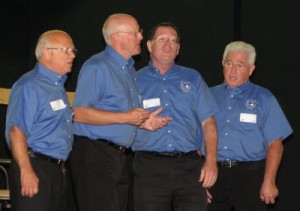
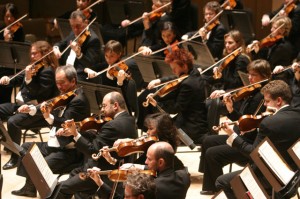
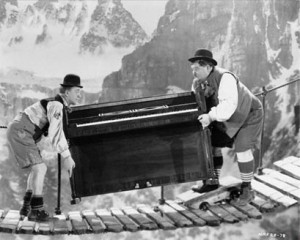 Upright pianos are generally the easiest to move. If the piano is going upstairs Precision would simply bring the necessary tools and equipment to do this. Of course, some “upright” pianos are 36″ tall while others may be up to 52″. This is important information for your movers to know BEFORE they arrive to move your piano. If the legs are decorative, they are wrapped up and blankets are put around the piano for safe keeping and then the piano is placed on a four wheel dolly and taken to the truck for transportation to its destination.
Upright pianos are generally the easiest to move. If the piano is going upstairs Precision would simply bring the necessary tools and equipment to do this. Of course, some “upright” pianos are 36″ tall while others may be up to 52″. This is important information for your movers to know BEFORE they arrive to move your piano. If the legs are decorative, they are wrapped up and blankets are put around the piano for safe keeping and then the piano is placed on a four wheel dolly and taken to the truck for transportation to its destination.